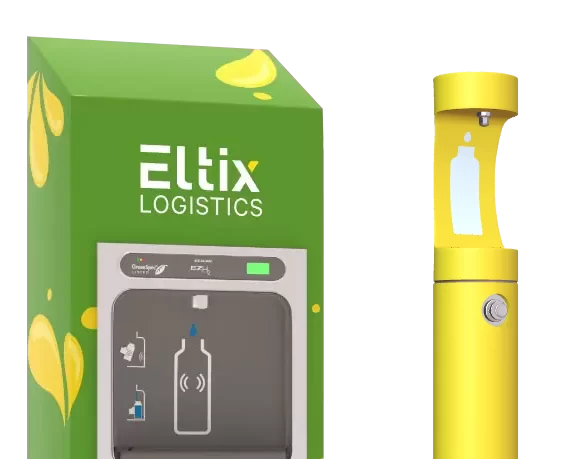 19th May 2015 by MIW Water Coolers
19th May 2015 by MIW Water Coolers
What You Need to Know About Dehydration in Children
Dehydration is a serious condition particularly in children. It simply means a child’s body is lacking enough fluids. In infants, sweat mechanism and temperature regulation are usually not developed well increasing the risk of dehydration and other conditions.
Causes
Dehydration in children is caused by a number of factors. The most common causes are vomiting, diarrhoea and fever as well as inability to eat or drink, linked to viral infections. Diarrhoea is caused by common viral infections such as adenovirus, Norwalk virus and rotavirus.
It’s also possible for sores to appear in the mouth of a child brought about by viruses. This makes it really painful to drink or eat, causing or worsening dehydration. Serious infections related to bacteria also affect the ability of a child to eat causing diarrhoea and vomiting, such as Salmonella, Clostridium difficile and Capylobacter.
Giardia lamblia among other parasitic infections results in giardiasis, a condition that leads to fluid loss and diarrhoea. Increased sweating in a child as a result of hot surroundings as well as excessive urination perhaps due to diabetes insipidus, diabetes mellitus or refusal to take insulin can bring about excessive loss of water. Celiac sprue or cystic fibrosis can also stop the body from absorbing food, causing dehydration.
You should be concerned if your child has diarrhoea, vomiting or refused to drink or eat resulting in excessive loss of body fluids. Your child is probably dehydrated if you can observe the following signs:
- Thirst
- Lethargy and irritability (altered responsiveness)
- Sticky or dry mucous membranes particularly the tongue or mouth lining
- Crying without tears
- Signs the child is either deteriorating or unwell
- Sunken eyes
- Sunken fontanel (a soft spot towards the frontal part of an infant’s head)
- Decreased frequency of dry diapers or urination
- Decreased skin turgor
- Flushed skin
- Loss of appetite
- Dry cough
- Urine that’s dark-coloured
- Intolerance to heat
- Light-headedness
Prevention
It’s a little hard to prevent a child from catching viral infections that bring about dehydration. The important thing is recognising dangerous signs early followed by rapid fluid replacement.
In case the child has had diarrhoea or vomiting for 4-5 hours or more in just 24 hours, fluid replacement needs to begin right away. It’s very important to keep replacement fluids or oral rehydrated salts at home for such a time. Prompt treatment of vomiting, fever and diarrhoea at home should also prevent loss of water.
Children should be encourages to drink lots of fluids as well as sucking ice pops with some delicious flavour like Popsicles. For kids between the age of four and 10, it’s important that they drink 6-10 glasses of liquids for effective replacement of lost fluids.
Understand your child’s physical condition. Without proper physical fitness the performance of a child is affected, especially those playing in the heat. Overweight children, including those who might not be exercising as they should, need to begin exercising slowly. Dehydration of over 3 percent of the body weight raises the risk of illnesses related to heat. Kids engaging in organised competitive sports should have their practice schedules set during those hours when it’s cool, particularly for children who are not in good shape.
Young athletes need to be acclimatised to heat to prevent loss of fluids in the body. The length and intensity of workouts should be increased slowly over a period of between 10 and 14 days. The body of a child will then be trained to drink more fluids, sweat more and increase the volume of blood.
Avoid giving children diets containing high proteins. Such a diet requires an intake of 8-12 cups of water daily. Do not forget seeking medical advice in case the child is unable to take enough fluids as required.
Dehydration treatment
Dehydration is treated through fluid replacement. It’s first attempted through the mouth. If this does not work, intravenous fluids are usually considered. In case oral rehydration is attempted, clear fluids in small amounts should be frequently used. Clear fluids include a number of things such as water, clear broths, popsicles, and electrolytes containing fluids, Jell-O among others.
For rehydration therapy to be considered a success, urine output need to be monitored. A dry body compels the kidneys to hold on to lots of fluids, lowering urine output and concentrating it. If the treatment is successful, the urine output will increase since the kidneys detect an increase in the level of fluids.
Consult a doctor in case medications are required to control diarrhoea, vomiting, fever and the treatment of underlying illnesses.
Please share or comment about the content of this blog if you know someone who has suffered from dehydration.











